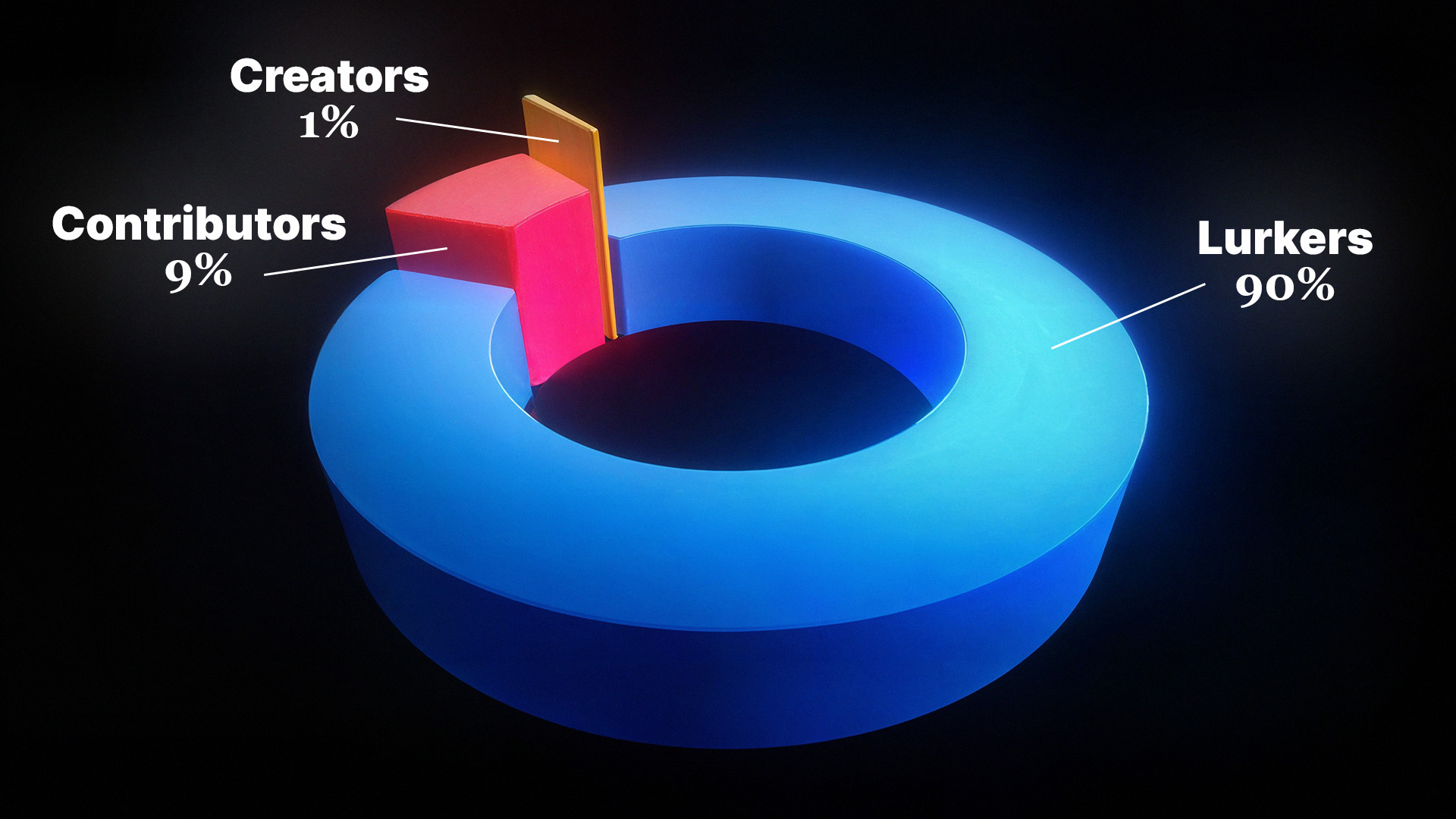Tag: Digital Communication
-

Error Correction
Error correction safeguards digital data, integrating extra bits to spot and fix inaccuracies. Its techniques vary, spanning basic checks to sophisticated coding. The discipline evolves with technological advancements like quantum computing, balancing system demands, projected errors, and processing capacity.






